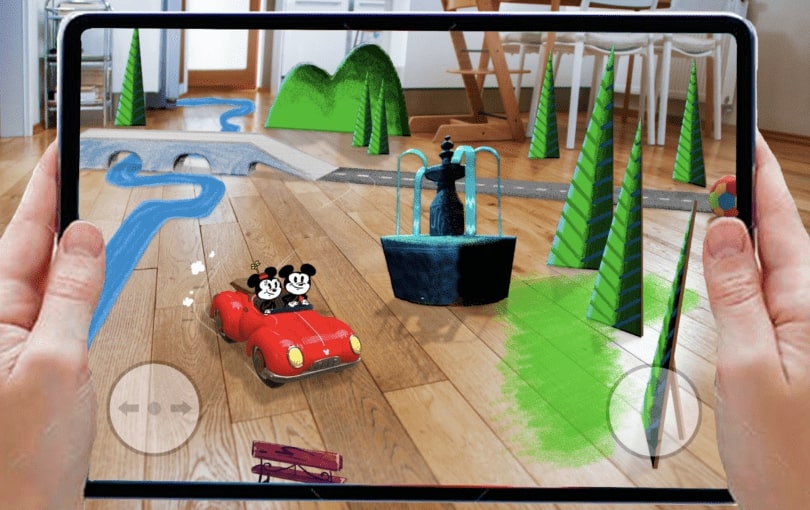![]()
Kinexon cooperates with Fifa
Fifa Manager Nicolas Evans (from left), Maximilian Schmidt, Co-founder and CRO of Kinexon Sports & Media, and Kinexon founder Oliver Trinchera.
Photo: Kinexon
Munich The future FC Bayern coach Julian Nagelsmann belongs to the new generation of so-called laptop trainers. “Data is becoming more and more important,” said the acting coach of the football Bundesliga club RB Leipzig in Munich on Wednesday. The analysis of data can help to develop players physically, but above all tactically. Data is also becoming increasingly important in preparing for the next opponent.
Digitization is also increasingly shaping professional sports: top clubs from all over the world use data to analyze the players’ running paths and moves and optimize training. Specialists such as Opta Sports, but also large IT companies such as SAP are active in this field.
The German start-up Kinexon is all the more proud that it has been selected by the World Football Association Fifa as a partner for the so-called live player tracking with its sensor technology. This allows the running paths of players to be tracked and analyzed live during a game.
Kinexon founder Oliver Trinchera sees the cooperation with Fifa as “proof that we can prove and prevail over globally established players”. Europe is in a position to play technologically “at the top of the professional league,” he told Handelsblatt. The cooperation creates the opportunity to “develop new and innovative technologies to bring the sport to a new level”.
Top Jobs of the day
Find the best jobs now and
be notified by e-mail.
Kinexon is now a preferred supplier of Fifa. The company has already achieved great success, especially in the USA: countless athletes are already using the chips of the Munich start-up in the professional leagues NFL and NBA. For example, the teams wear sensors in shirts that can transmit the data via ultra-wideband radio even indoors.
Creative solutions in the corona pandemic
The technology determines the position and movement of athletes with centimeter accuracy. Trainers can evaluate the data with a real-time analysis platform and use it for training, sports reporters for reporting. Trinchera stressed: “We don’t want to change the spirit of the game.” With the help of digitization, however, the game can be made even more attractive. In addition, the analysis can also help to avoid injuries.
In total, according to the company, more than 400 clubs, leagues and global events are already equipped with Kinexon technology. In Germany, for example, the Bundesliga clubs Bayer Leverkusen, RB Leipzig and TSG Hoffenheim are among the customers.
Trinchera now regards the cooperation with Fifa as another knighthood. Representatives of the world association came to Munich for the presentation of the cooperation. “This is an important step for Fifa to innovate and develop football,” said Fifa official Nicolas Evans. They analyzed several technological systems intensively and then decided to partner with Kinexon.
Kinexon will create an “even better quality of experience for everyone involved in football – for players, clubs, leagues, associations and fans,” Evans said. The next logical step is to provide the data in real time so that users can react immediately during games and training. The aim is to “set standards for high-quality and precise live data and thus enable a better game and stadium experience”.
Three-digit million valuation
Founded by Oliver Trinchera and Alexander Hüttenbrink, Kinexon is one of the most promising German start-ups. At the last financing round three years ago, the company achieved a three-digit million valuation. According to industry estimates, sales are likely to have risen in the past year in the three-digit percentage to a mid-double-digit million amount. Trinchera said it was still too early to estimate the volume of sales that the cooperation with Fifa could bring.
In the corona pandemic, the company proved to be creative: Trinchera realized that the technology was also well suited for keeping distance and tracking contacts. The teams in the USA used the sensors to maintain the game operation. In Germany, Telekom launched a solution for sports clubs and companies based on Kinexon technology.
More: What the failure of the Super League means for German football









